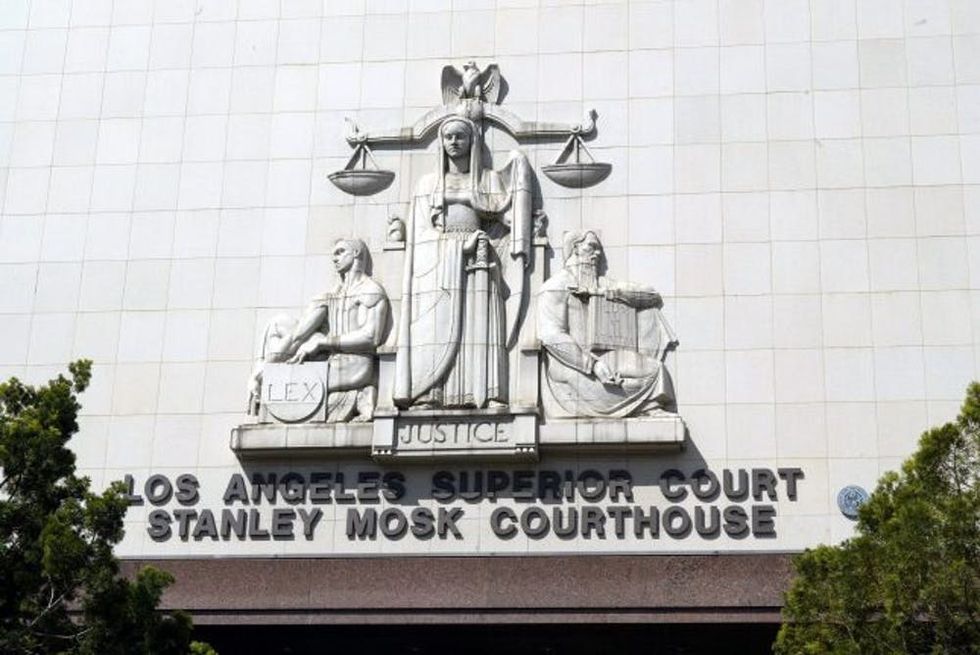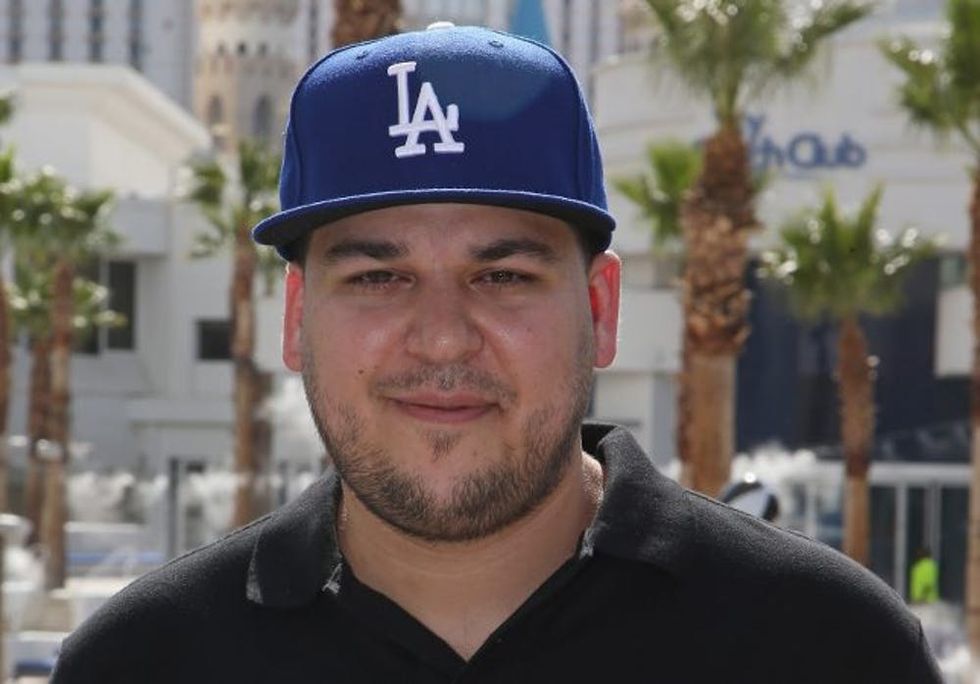In the wake of Rob Kardashian’s social media outburst, people are having serious discussions about women’s rights online.
This Is Why Everyone’s Talking About California’s “Revenge Porn” Law Right Now

Yesterday, Rob Kardashian got himself removed from Instagram after going on an explicit rant which included posting a photo (multiple times) of a nude woman he claimed was his ex-girlfriend, Blac Chyna. While there is no confirmation on whether the photo was real or Photoshopped, or who it depicted, it did bring up conversations surrounding the pair’s home state of California and its “revenge porn” law.
We don’t know yet if Kardashian broke any law. That said, it’s definitely worthwhile to fully understand why people would assume that posting explicit photos of a person might get someone in trouble.

Both California and New York State have laws known as “revenge porn” laws. Cali’s Bill 255 was enacted into law in 2013, and states (in simple terms) that if a person shares an intimate image of you publicly without your express consent and with the intent to cause emotional harm, they can be convicted of this crime. The biggest revenge porn case to date came in 2015, when the operator of a revenge porn website was convicted of multiple felonies and had to pay over $25,000 in damages.
While, again, we have no proof that Kardashian broke this law, social media sites like Instagram have it in their best interest to act fast whenever the possibility of a violation arises on their platform.
In response to the event, an Instagram spokesperson said, “At Instagram we value maintaining a safe and supportive space for our community and we work to remove reported content that violates our guidelines.”

As for Kardashian and Blac Chyna, no one can make assumptions as to what will happen with this latest feud, although Chyna’s lawyer has released a statement of intent to protect Chyna’s rights (whatever that may mean).
If you feel that you need help dealing with an abusive situation, you can contact The National Domestic Violence Hotline.
(Photos via JB LaCroix + Frazer Harrison/Getty)

















